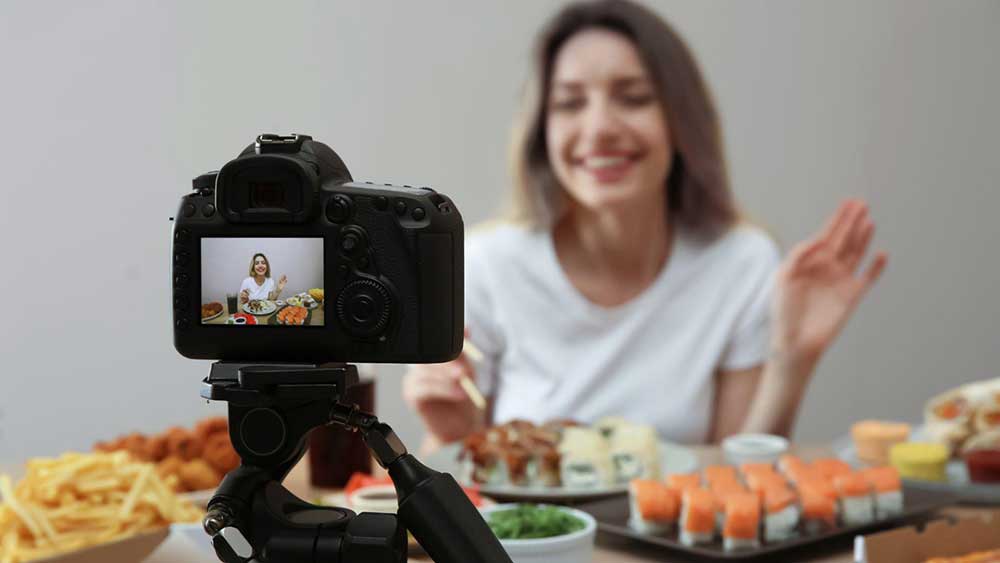
Following the recent death of a 37-year-old food content creator from a hemorrhagic stroke linked to excessive eating while filming, the Department of Health is considering banning mukbang vlogs due to their negative impacts on viewers’ mental and physical health. Mukbang, a term combining the Korean words for “eating” and “broadcast,” involves content creators consuming large amounts of food in one sitting. These videos, popular on platforms like YouTube, TikTok, and Instagram, often feature high-fat, high-sugar, and ultra-processed foods.
While mukbang videos can be entertaining, experts have raised concerns about their harmful effects. The excessive portions of uneaten food also contribute to food waste and environmental issues. Viewers may be drawn to mukbangs for stress relief, entertainment, or to combat isolation, but these videos pose several risks, including mental and emotional issues and the dangers of overeating.
Dr. Karin Estepa-Garcia of Manila Doctors Hospital warns that excessive caloric intake is unhealthy, particularly for those at risk of hypertension and diabetes who require specific diets. Frequent mukbang viewing may contribute to disordered eating and mimic eating disorders, leading to binge eating and obesity. “Obesity itself is a disease, and unhealthy practices like mukbang can increase the risk of developing it,” Garcia said.
The Iligan City content creator who recently died suffered a hemorrhagic stroke, where blood vessels in the brain rupture. His final video featured binge-eating fried chicken and rice. MDH stroke neurologist Dr. Leonard Pascual identified three potential causes of hemorrhagic stroke: blood issues, blood vessel problems, and brain conditions. Low platelet counts, high blood pressure, or sudden blood pressure spikes can cause small blood vessels in the brain to rupture. Hemorrhagic transformation, a complication from blocked blood flow to the brain, can further damage brain tissue.
Garcia highlighted the rising incidence of cardiovascular diseases among young people, leading to increased cases of stroke and heart disease. She advises maintaining a balanced diet with essential nutrients and using positive reinforcement to promote healthier lifestyles. For those struggling with excessive video consumption, referring to an addiction specialist may be beneficial.




